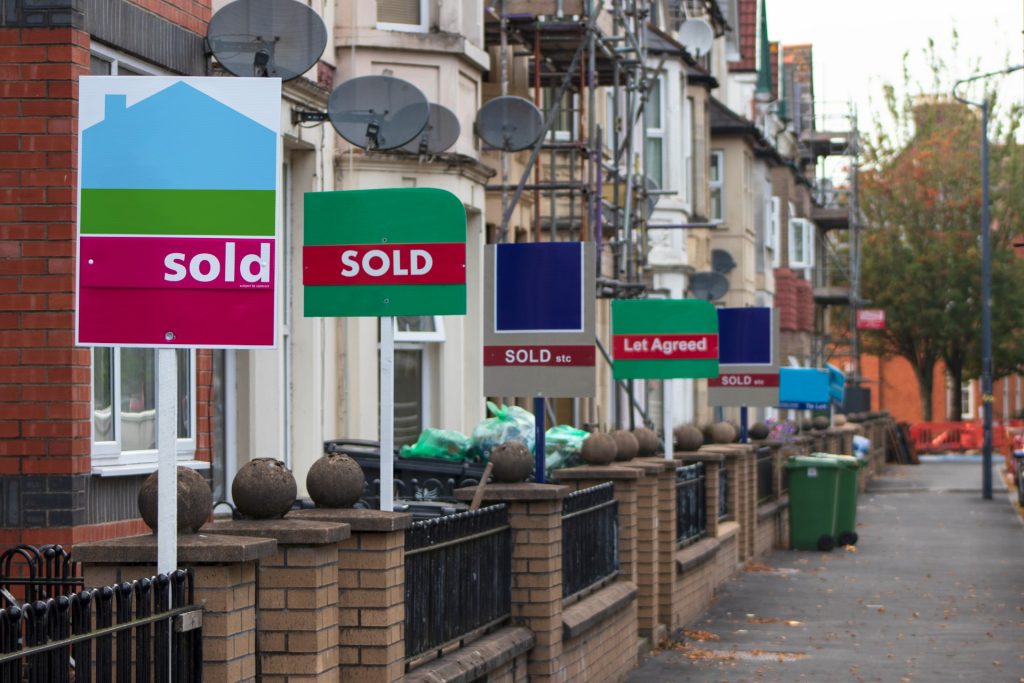The market cools ahead of looming stamp duty changes.
Others are reading now
UK house prices took an unexpected dip in February, with demand slowing, particularly among first-time buyers, as the April 2025 stamp duty changes draw closer.
According to Halifax’s House Price Index, property prices rose 2.9% annually, maintaining January’s six-month low, but fell 0.1% on a monthly basis—a sharp contrast to January’s 0.6% growth.
Analysts had expected a 0.3% increase, making February’s figures weaker than anticipated.
The average UK house price slipped from £298,815 ($379,000) in January to £298,602 ($378,700) in February.
Also read
This development was reported by Euronews.
Regional House Price Trends
Despite the nationwide slowdown, some regional markets remained strong:
-
Northern Ireland recorded the highest annual growth at 5.9%, with prices averaging £205,784 ($261,000).
-
Scotland saw a 3.8% annual increase, the fastest in 13 months, with homes averaging £213,014 ($270,000).
-
Wales had a 2.8% increase, bringing average prices to £226,811 ($288,000).
-
Humberside and Yorkshire led England with a 4.1% rise, reaching an average of £216,130 ($274,000).
-
London’s house price growth slowed to 1.6%, down from 2.6% in January, but remained the UK’s most expensive market, with homes averaging £545,183 ($692,000).
Why Is Demand Slowing?
The upcoming stamp duty threshold changes appear to be cooling buyer interest, particularly among first-time buyers.
Currently, buyers pay stamp duty on homes priced over £250,000 ($317,000), while first-time buyers enjoy a higher exemption threshold of £425,000 ($539,000).
However, from April 2025, these thresholds will drop to £125,000 ($158,500) for all buyers and £300,000 ($381,000) for first-time buyers, effectively making home purchases more expensive for many.
Market analysts believe this shift has caused a short-term rush in mortgage applications, but with the deadline approaching, some of that demand is now fading.
“February’s figures highlight the delicate balance within the UK housing market,” said Amanda Bryden, head of mortgages at Halifax.
“While there’s been talk of a last-minute rush on new mortgages ahead of the changes to stamp duty, inevitably we’ve seen some of the demand that was brought forward start to fade as the April deadline ticks closer,” she explained.
What’s Next for the UK Housing Market?
Despite the slowdown, housing demand remains resilient, with market activity at levels comparable to pre-pandemic years.
“Housebuilders seem to be breathing a sigh of relief,” noted Russ Mould, investment director at AJ Bell.
“The market has stalled but not slumped as the stamp duty holiday approaches its end. While the latest Halifax figures were below expectations, they were hardly a disaster.”


